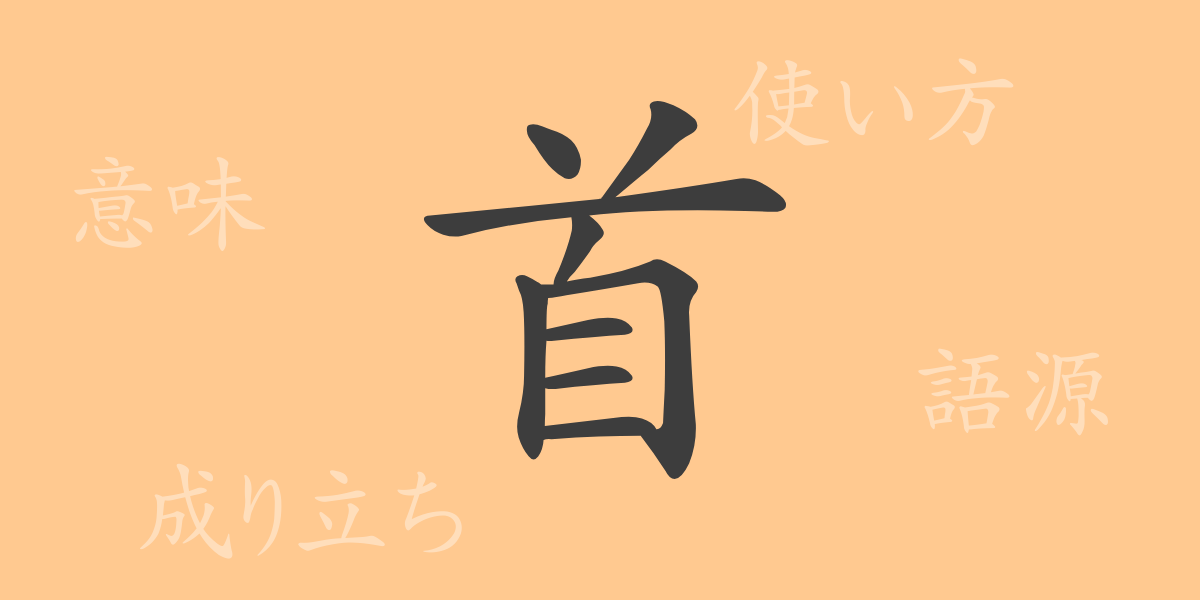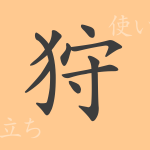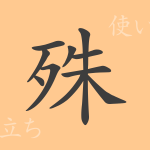In Japanese culture, kanji are known for their complexity and richness of expression. One of the commonly used kanji is “首(くび),” an important character frequently used in daily conversations and writing. This article focuses on the kanji “首(くび),” exploring its origin, meaning, usage, pronunciation, and the idioms and phrases it is part of. By delving into the world of “首(くび),” your understanding of the language will deepen and become more enriched.
Origin of 首(くび) (Etymology)
The kanji “首(くび)” originates from ancient Chinese oracle bone script. As a pictograph, it represented the neck, a crucial part connecting the head and body. Over time, its shape evolved into its current form. Beyond just a character, “首(くび)” signifies an essential part of the human body and denotes the importance of a central part in various contexts.
Meanings and Usage of 首(くび)
The kanji “首(くび)” primarily refers to the neck in the human body. However, it also appears in expressions like “首を長くする” (to eagerly await) and “首になる” (to be dismissed or fired). Additionally, it denotes the central or most important part of something, as seen in words like “首都(しゅと)” (capital city).
Readings, Stroke Count, and Radical of 首(くび)
The kanji “首(くび)” has several readings in Japanese:
- Readings: The on’yomi (音読み) is “シュ,” and the kun’yomi (訓読み) is “くび.”
- Stroke count: “首(くび)” has a total of 9 strokes.
- Radical: The radical is “首(くび)” itself.
Idioms, Phrases, and Proverbs Using 首(くび)
There are numerous idioms, phrases, and proverbs in Japanese that include “首(くび).” Here are a few examples:
- 首を絞める(くびをしめる) – To act in a way that ultimately brings disadvantage to oneself.
- 首を長くする(くびをながくする) – To eagerly await something.
- 首を突っ込む(くびをつっこむ) – To interfere in something unnecessarily.
- 首相(しゅしょう) – The head of the government (Prime Minister).
- 首輪(くびわ) – A collar, typically for an animal.
These expressions demonstrate the richness of Japanese language and the extensive meanings that “首(くび)” can convey.
Conclusion on 首(くび)
Through this article, it is evident that the kanji “首(くび)” not only refers to a part of the human body but also has the power to express various emotions and situations. “首(くび)” is used in many contexts in Japanese, offering a wide range of meanings and uses. When you encounter words and idioms containing “首(くび)” in daily life, we hope this article aids in providing a deeper understanding.

























